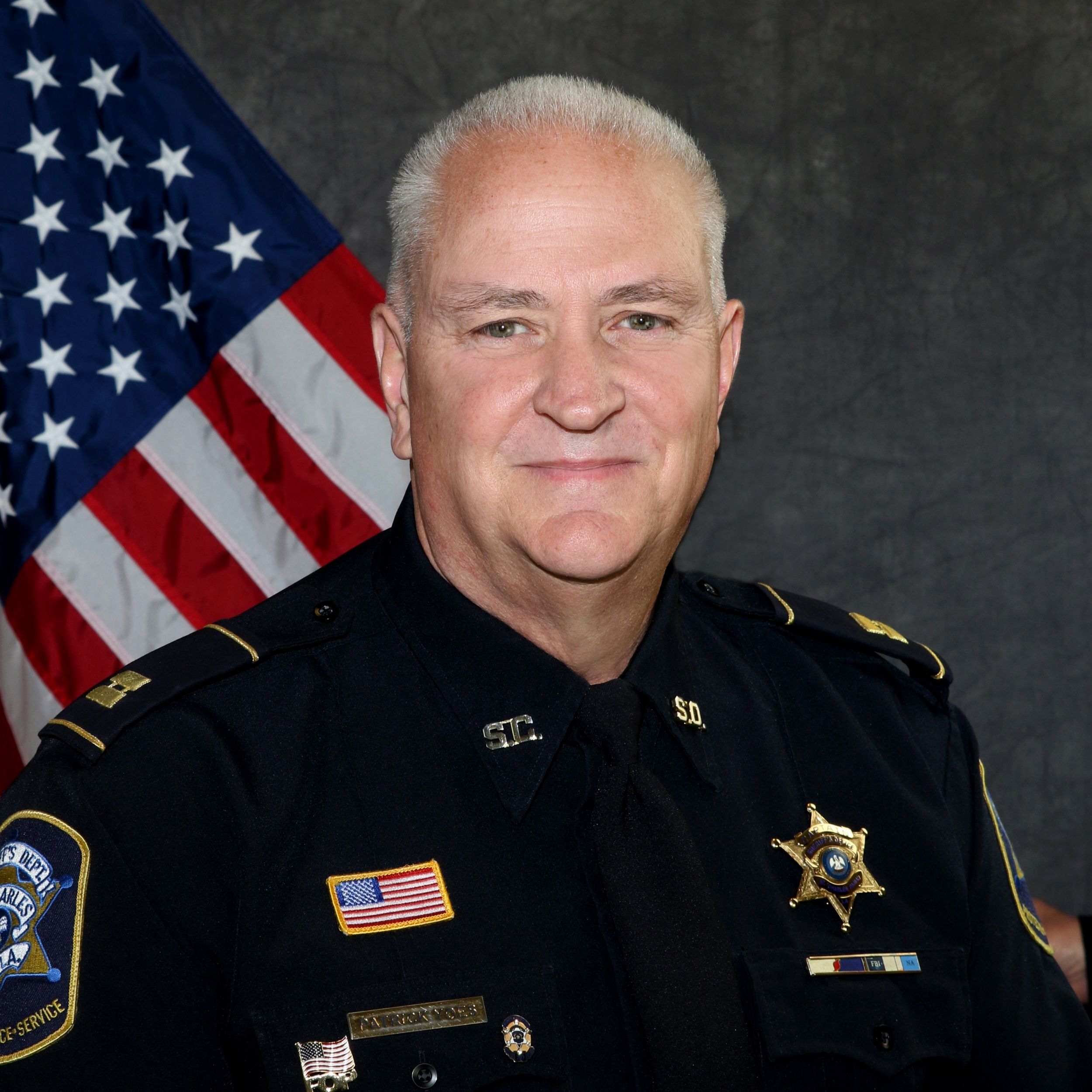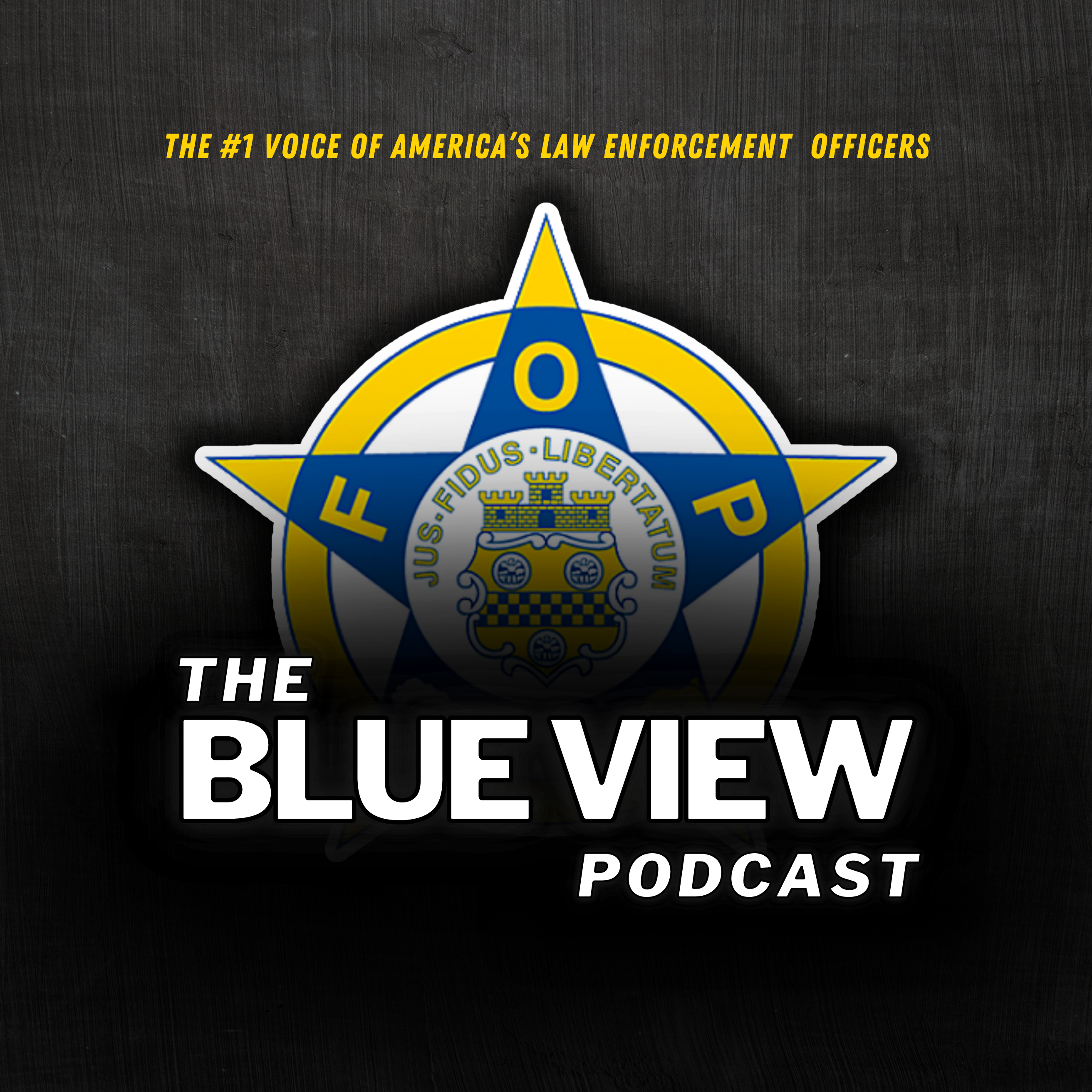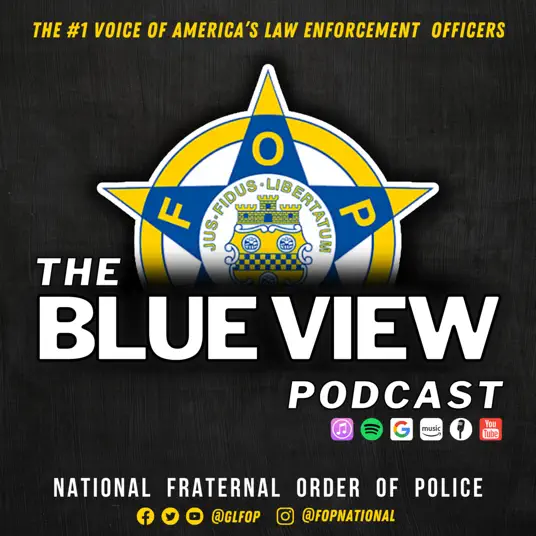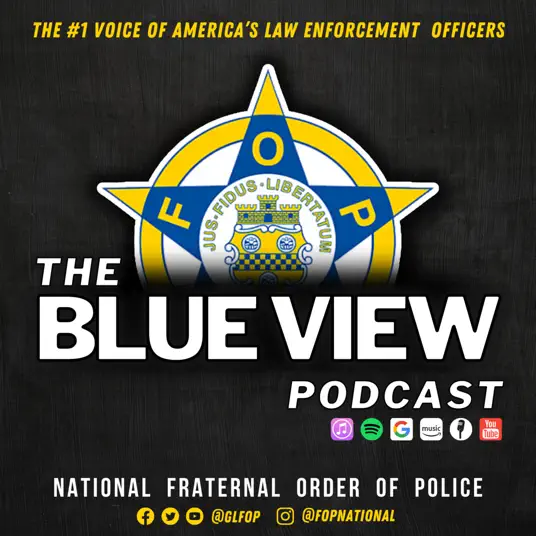Show Notes
Baltimore is a cautionary tale of when anti-police rhetoric, activist judges, and rogue prosecutors collide. The “charm city” currently has some of the highest murder and violent crimes rates of any city in the country. However, this hasn’t stopped the brave men and women of the Baltimore Police Department and the Baltimore City School Police Force from suiting up and showing up every day to serve their communities.
On this episode of the Blue View Podcast, National FOP President Patrick Yoes sits down with Clyde Boatwright, a police sergeant with the Baltimore City School Police Force, its union president, and the President of the Maryland State FOP.
As a former school resource officer, National President Yoes dives into the critical role school resource officers play and discusses with the President Boatwright the need for law enforcement officers in our public schools.
00:00 – Intro
00:43 – About Clyde Boatwright
01:40 – The Atmosphere in Baltimore
05:05 – The Role of the Baltimore City School Police
09:45 – Should We Have Law Enforcement Officers in Schools?
15:25 – How School Resource Officers Curb Crime
19:43 – Lowering the Temperature in Communities
23:22 – Correcting Bad Behavior Early
30:51 – The Recruitment and Retention Crisis
34:30 – Final Thoughts




